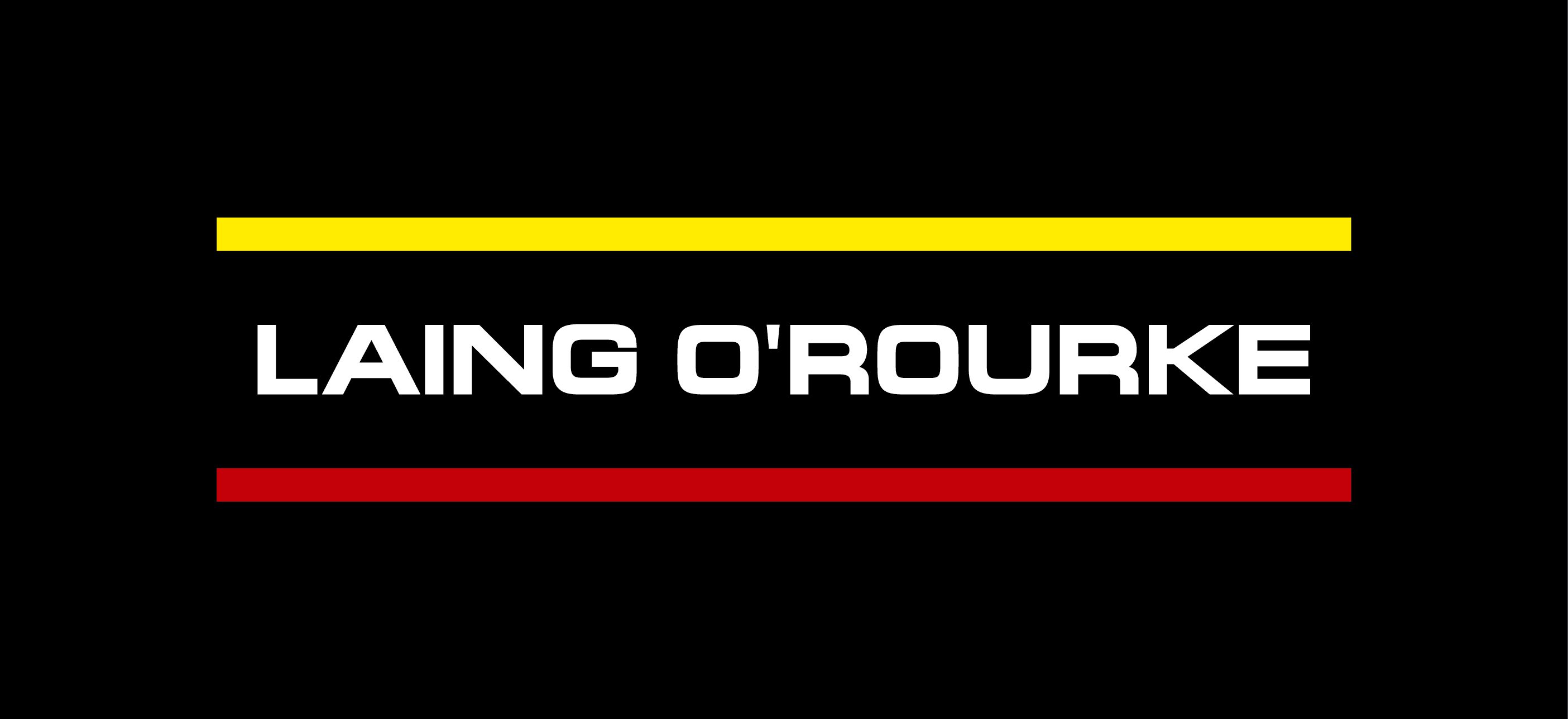Unshackling Queensland’s Infrastructure Potential
Unlocking the Future of Our State

Queensland is on the cusp of a major infrastructure transformation. With the Government’s “Big Build” program and the upcoming 2032 Brisbane Olympic and Paralympic Games, the need for high-quality, timely, and cost-effective infrastructure has never been greater. However, the current policy environment is holding us back.
The Queensland Major Contractors Association (QMCA) election issues policy paper, Unshackling Queensland’s Infrastructure Potential, outlines the critical reforms needed to ensure that Queensland’s construction industry is equipped to deliver the infrastructure our state requires.
The Challenge: Why Change is Needed Now
Queensland’s construction industry is facing unprecedented opportunities, but also significant challenges:
- A Booming Pipeline: The state’s “Big Build program is set to deliver vital infrastructure in health, transport, energy, and water. On top of that, the infrastructure required for the 2032 Olympic and Paralympic Games is extensive.
- Barriers to Success: Problematic policy settings, protracted procurement processes, and restrictive industrial relations are driving up costs and dragging down productivity. Without reform, Queensland risks falling behind on its infrastructure commitments.
Key Issues Identified in the Policy Paper

1. Coordination of the Project Pipeline
Queensland needs a coordinated approach to project planning and delivery. Right now, the lack of a unified, whole-of-government strategy means that projects are released to market in an uncoordinated way, leading to delays, higher costs, and resource shortages.
2. Industrial Relations
The introduction of Best Practice Industry Conditions (BPIC) has increased labour costs by over 30% while simultaneously reducing productivity. These policies are not only affecting the major contractors but also Queensland’s entire supply chain, councils, and local projects.
3. Procurement and Innovation
The current procurement processes are slow, cumbersome, and uncompetitive. Queensland’s construction industry is ready to deploy innovative solutions, but outdated processes and excessive regulation are standing in the way.
The Consequences of Inaction
Without change, Queensland faces:
- Failure to Deliver Olympic Infrastructure: The projects required for the 2032 Games may be delayed, jeopardizing Queensland’s ability to host a successful global event.
- Missed Health and Energy Targets: The state will struggle to meet its commitments in expanding healthcare capacity and transitioning to renewable energy.
- Increased Costs for Queenslanders: Rising infrastructure costs will inevitably be passed on to Queensland households, further driving up the cost of living in the midst of a housing crisis.
QMCA’s Solutions for a Stronger Queensland
Our policy paper provides clear recommendations to address these issues and unlock Queensland’s infrastructure potential:
- Coordinate the “Big Build”: We need a whole-of-government approach to ensure that projects are planned and delivered efficiently. By implementing collaborative procurement and balancing risk across the relevant parties , we can improve cost certainty and deliver better value for money.
- Reform Industrial Relations: It’s time to remove the productivity and high cost BPIC policy and restructure Queensland’s industrial relations framework in collaboration with industry. This will ensure that wage rates are fair, competitive, and reflective of productivity levels.
- Embrace Innovation: Streamlining procurement processes where collaboration is standard, will enable the rapid adoption of new technologies and innovative solutions that reduce costs and increase productivity/ efficiency.
Why It Matters for Queensland
The impact of these changes goes far beyond the construction industry. Reforming our approach to infrastructure delivery will ensure:
- World-Class Olympic Infrastructure: Queensland can be proud to host the 2032 Olympic and Paralympic Games with world-class venues and facilities and delivering legacy infrastructure.
- Affordable Housing and Lower Costs: With a more efficient infrastructure pipeline, the cost of delivering essential services and housing will decrease, benefiting all Queenslanders.
- Economic Growth and Job Creation: A coordinated infrastructure strategy will create jobs, attract investment, and stimulate long-term economic growth for the state.
Download the Full Policy Paper
To learn more about the changes needed to support Queensland’s infrastructure future, download Unshackling Queensland’s Infrastructure Potential.
















